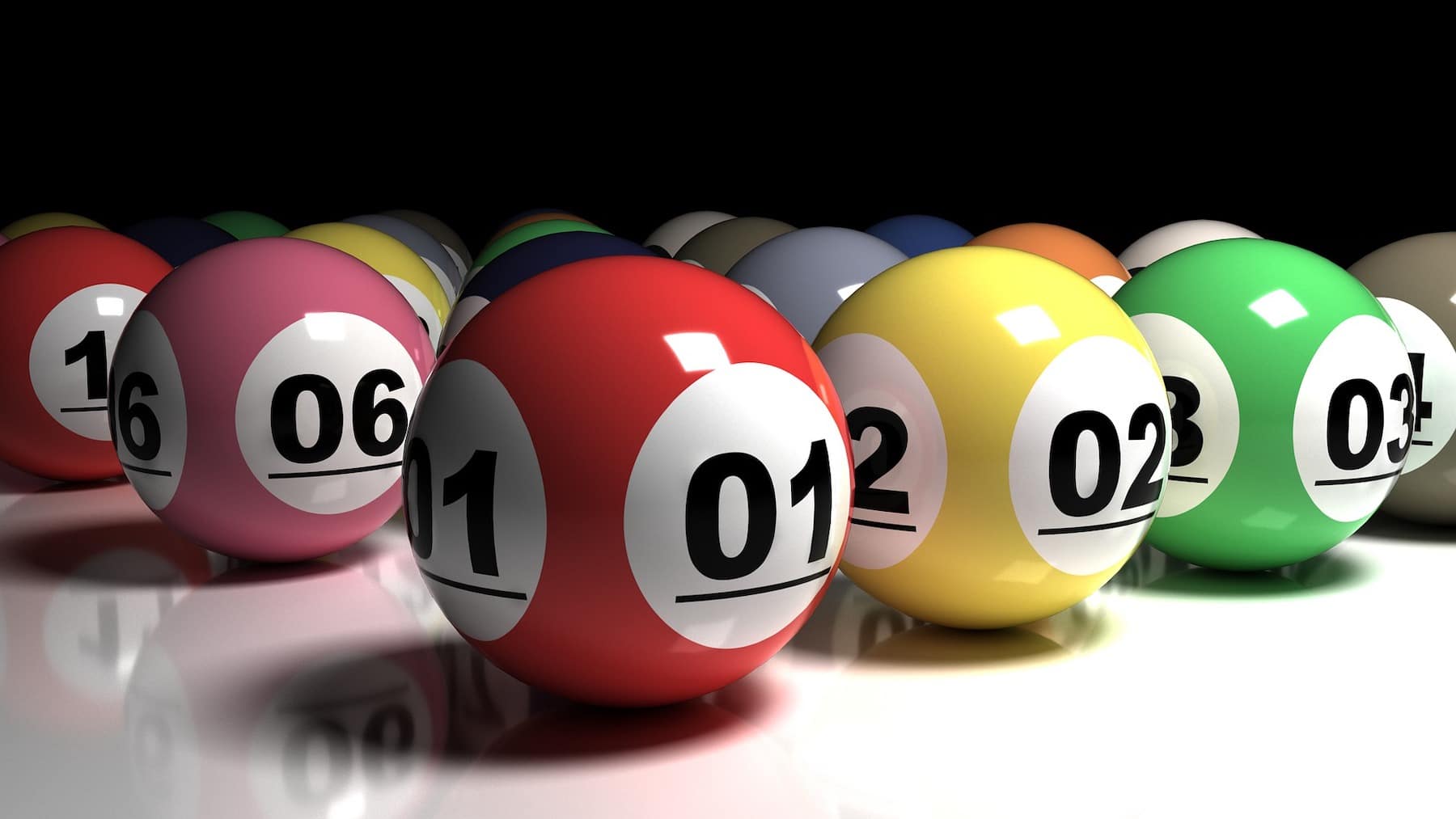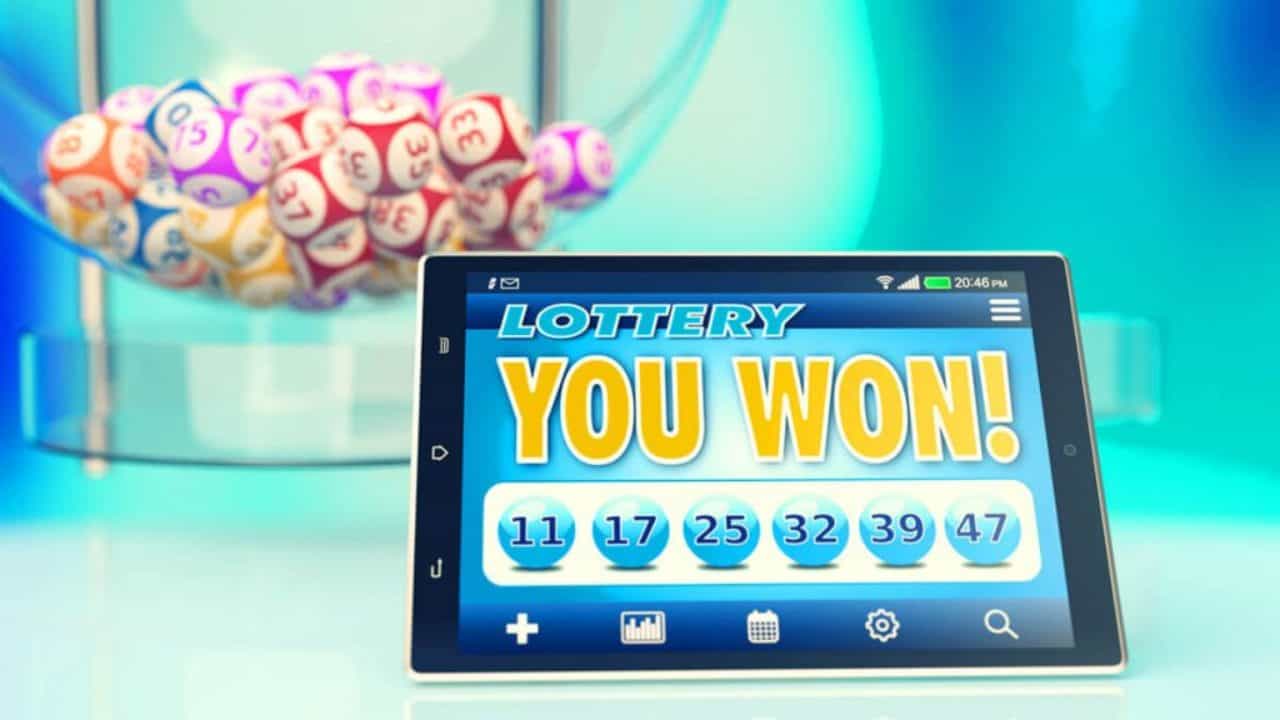The lottery result sgp is a form of gambling in which people buy tickets with numbered numbers on them. People who have the winning combination of numbers are awarded a prize, usually money. The lottery relies on chance and luck, although it is regulated by government. The lottery is also used as a way to raise funds for public projects.
Most states have lotteries, and people pay a small amount of money for the chance to win a large sum of money. The odds of winning are low, but the amount of money paid out by state governments often exceeds the number of dollars spent on tickets, so the games generate profits for the sponsoring states.
People love to gamble, and there’s an inextricable human impulse to try to win a big jackpot. But there’s a lot more going on with lotteries than that. The biggest thing is that they’re dangling the promise of instant riches in an age of inequality and limited social mobility. Billboards advertising giant jackpots like Mega Millions and Powerball are effective in luring in a certain demographic, but the truth is that most lottery players are convenience store owners (those who sell the tickets) and suppliers of goods such as TVs and automobiles (heavy contributions to state political campaigns are frequently reported).
The earliest recorded lotteries offering prizes in the form of money occurred in the 15th century in the Low Countries, where towns held private lottery games. The lottery became popular in the American colonies in the eighteenth and nineteenth centuries, as famous Americans such as thomas jefferson and benjamin franklin sponsored lotteries to raise money for a variety of purposes, including retiring debts and purchasing cannons for Philadelphia.



